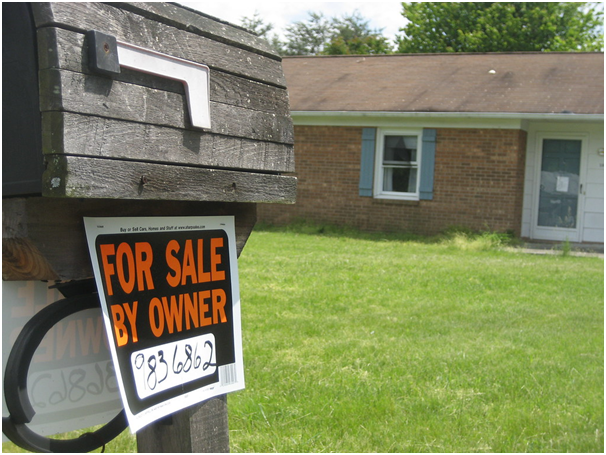Simply Business, an insurance provider, has discovered that a quarter (25 percent) of landlords intend to sell one or more properties this year, possibly flooding the market with up to half a million homes.

Image Credit
In addition, 82 percent – four in five of the 800 landlords interviewed – don’t plan on purchasing any further properties in 2020. Only 13 percent plot to buy another property in 2020, while 35 percent – a third – also noted a lessening in rental yields in 2019. Looking ahead to 2020, 27 percent of these landlords anticipate a further downturn in rental yield. One out of five – 18 percent – expect to witness a dwindling of 0 to 5 percent, and a further 6 percent of landlords expect to see a decrease of 5 to 10 percent.
Reasons for selling
Landlords’ top reasons for cashing in are tax increases, as well as the effects of parliamentary reform, such as alterations to the licensing of Houses in Multiple Occupation (HMO), which have seen new rulings on room sizes.
Other causes behind landlords’ urges to sell include growing rental costs (10 percent), capitalising on an investment (9 percent), economic uncertainty (5 percent) and a reduction in house price growth (4 percent).
Among these landlords, 35 percent noted a downturn in rental yield in 2019, compounding the wish to sell.
For a top-notch property inspection app, look no further than https://inventorybase.co.uk/.
This article investigates the phenomenon of landlords quitting due to tax penalties: https://www.thisismoney.co.uk/money/buytolet/article-6620839/How-Britains-239billion-buy-let-bubble-burst.html.

Image Credit
Chief operating officer at Simply Business, Bea Montoya, said that one reason behind landlords putting their investments on the market is rising rental costs. Government tax increases have proved counterproductive, she argued, while economic and political uncertainty have undermined confidence.
Considerations for landlords
Ms Montoya believes that since selling one or more buy-to-lets is a significant undertaking, landlords need to fully comprehend the complexities of such sales, particularly where a property is occupied. Tenants need to be made aware of their landlord’s intentions as soon as possible, and be reassured that their tenancy is still valid.
In addition, she remarks that landlords have to understand any tax implications that may be involved – capital gains tax, for example. If the property sells for more than its previous price, there is a liability for capital gains tax.





